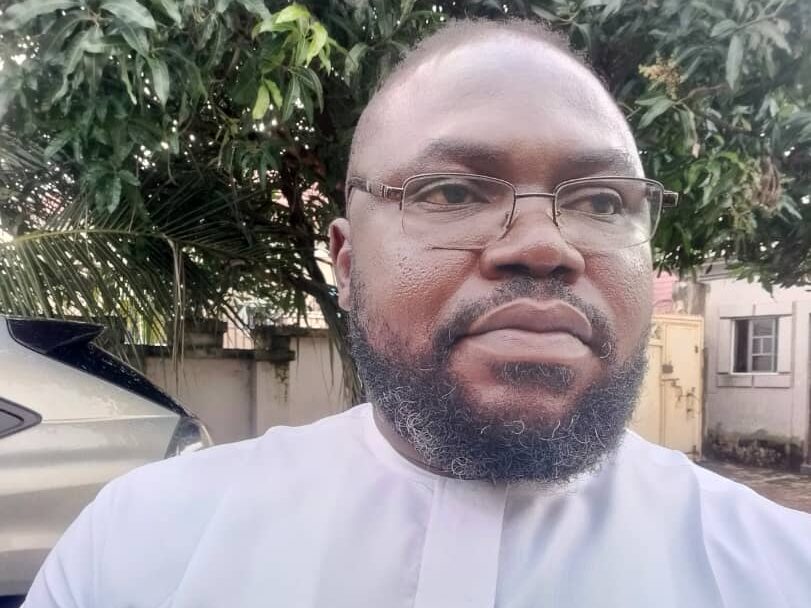
Benue State, a land of abundance and diversity, has for decades grappled with the specter of conflict, particularly the recurring farmer-herder clashes. To illuminate the path to enduring peace in Benue, we must navigate the complex issues that have given rise to these conflicts and understand that unity is the key to resolution. In this analytical exploration, we draw inspiration from the words of Senator George Akume, a pivotal figure in Benue’s quest for peace, while also acknowledging the leadership of Governor Hyacinth Alia and critical stakeholders.
Understanding the Challenges:
The conflicts in Benue State are multifaceted, rooted in the intricate interplay of land disputes, resource allocation, historical grievances, and cultural diversity. The state has witnessed immense suffering as these issues persistently escalate.
Senator George Akume’s Wisdom:
In the tumultuous landscape of Benue’s struggles, Senator George Akume has emerged as a staunch advocate for peace and unity. His statesmanship and tireless dedication to peacebuilding have echoed throughout the state. Senator Akume’s words, often brief but impactful, serve as a guiding light:
“Peace is not merely the absence of conflict but the presence of justice and unity. In Benue, we must unite as one community, transcending the boundaries that have kept us apart for too long. Our diversity can be our strength if we learn to appreciate and respect each other’s differences.”
Governor Hyacinth Alia’s Leadership:
Governor Hyacinth Alia, as the chief executive of Benue State, has taken on the responsibility of leading the state towards peace and unity. His administration has prioritized conflict resolution, resource allocation, and social cohesion. In the pursuit of lasting peace, Governor Alia’s words have resonated:
“To achieve peace, we must address the root causes of conflict. We recognize the importance of equitable resource allocation, dialogue, and community involvement. Together with critical stakeholders, we are committed to fostering an environment where every resident feels a sense of belonging and unity.”
The Road Map to Peace:
- Dialogue and Mediation: Open and constructive dialogue is at the heart of any meaningful peace process. All parties, regardless of the depth of their grievances, must engage in discussions. Senator Akume’s belief in dialogue, combined with Governor Alia’s commitment to mediation, serves as the foundation for conflict resolution.
- Education and Awareness: The road to peace is paved with understanding and awareness. Senator Akume’s belief in educating communities about the value of peace aligns with Governor Alia’s emphasis on awareness campaigns. Knowledge empowers citizens to seek peaceful coexistence.
- Resource Allocation: Just and equitable resource allocation is vital in addressing the root causes of conflict. Senator Akume’s focus on resource-related issues mirrors Governor Alia’s commitment to fair distribution. This approach fosters a sense of belonging and unity.
- Community Building: Strong and cohesive communities play an integral role in achieving lasting peace. Senator Akume’s endorsement of local leaders and community initiatives aligns with Governor Alia’s efforts to build strong community bonds. These initiatives can significantly contribute to conflict prevention.
Conclusion:
Benue State’s journey to enduring peace is a challenging one, marked by deeply rooted issues and historical grievances. The specter of conflict has cast a long shadow over the state, but unity and leadership have the power to dispel it. By embracing the principles of dialogue, education, equitable resource allocation, and community building, Benue can move closer to a brighter and more peaceful future. In the words of Senator George Akume and the leadership of Governor Hyacinth Alia and critical stakeholders, “Our diversity can be our strength.” As Benue State unites in common purpose, the path to peace becomes clearer, and the specter of conflict can be vanquished.